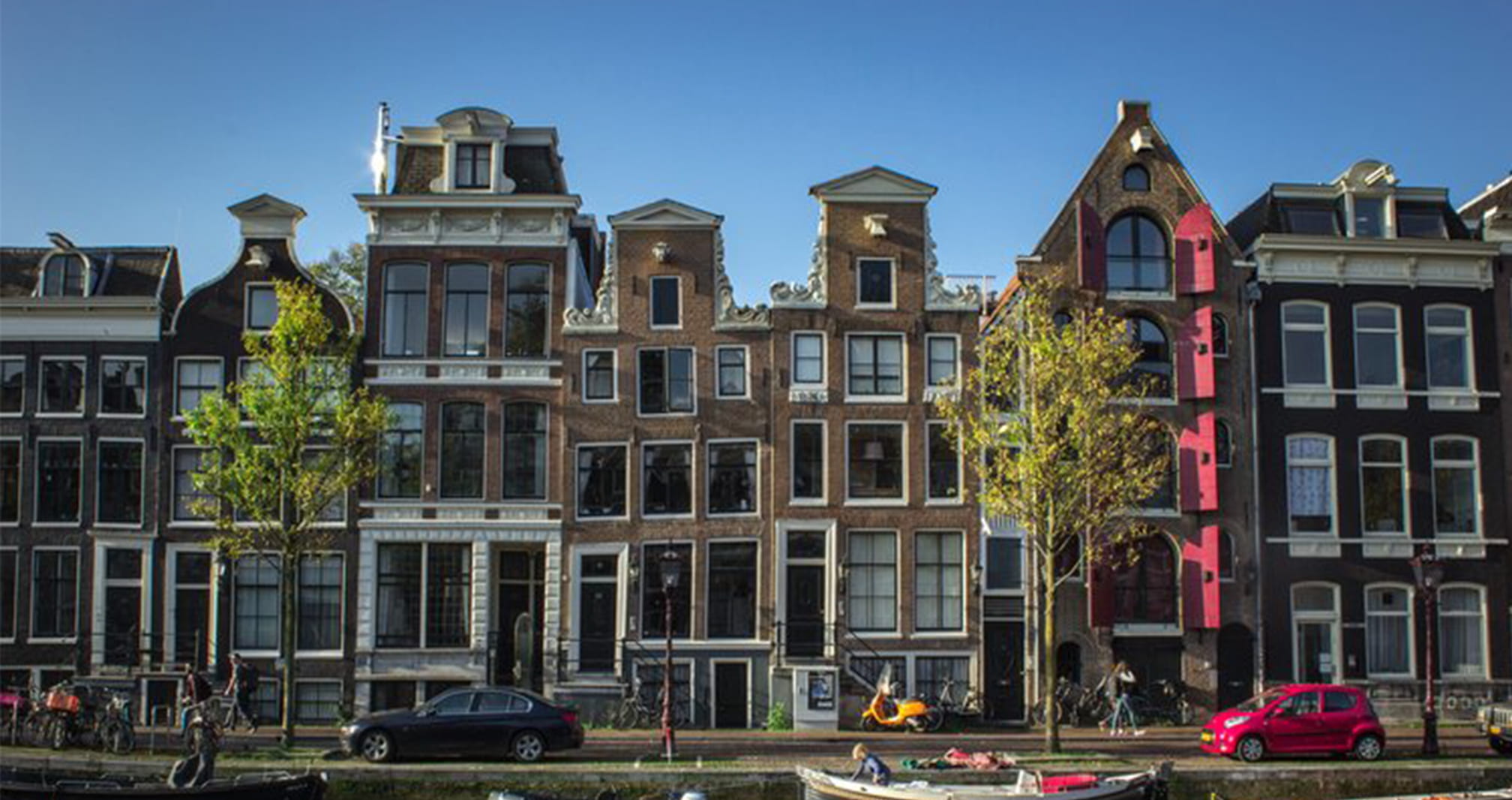News
3 minute read
House bought, or not?
-
Bart Zandbergen
- attorney-at-law | partner

This blog was written by Floortje Jonk and Bart Zandbergen, attorneys-at law at Stonewater in Amsterdam. Reading time 5 minutes.
Suppose you agree with the seller of a property that you will buy his property. Such a verbal agreement is not (yet) laid down in a written purchase agreement. Suppose that the seller of the property revokes his offer. Is this still possible or have the parties entered into an obligation to buy and sell the property with the conclusion of this verbal agreement? The answer to this question depends on the capacity in which the parties are acting.
1. THE WRITTEN REQUIREMENT - IN RELATION TO A PRIVATE BUYER
First, section 7:2 paragraph 1 of the Dutch Civil Code (DCC) stipulates that the purchase of an immovable property (or a component thereof) intended for habitation must be entered into in writing if the buyer is a private individual who is not acting in the exercise of a profession or business. Therefore, if the buyer is a private individual, a purchase agreement will only be concluded if this agreement has been entered into in writing. This written requirement has been set as a condition because the private individual can reverse a major purchase such as the purchase of a house within three days after entering into the contract. In this context, it is important that the date on which the contract was entered into is established. With the requirement of a written agreement, that date is easily apparent from the signed agreement. In addition, by written is meant a private deed (drawn up between the parties) as referred to in section 156 paragraph 1 of the Dutch Code of Civil Procedure. This must be one deed and not two consecutive deeds or written exchanges. Such a deed must also be signed. Therefore, if the parties have reached to an agreement via WhatsApp, the written requirement is not met. After all, agreements through WhatsApp concerns several messages and they moreover do not contain an (electronic) signature of a (draft) purchase agreement. Therefore, no binding purchase agreement for a property can be concluded through WhatsApp, at least not if the buyer is a private individual.
Under very special circumstances, however, it may be unacceptable by standards of reasonableness and fairness to invoke the absence of a written agreement. Under those very special circumstances (and the bar for this is high) a private buyer may still be bound.
Such circumstances include, for example, a situation in which the seller has submitted the verbal agreement reached by the parties in writing to the buyer for signing and the buyer subsequently refuses to provide the seller with a signed copy of that written agreement within a reasonable period of time. The seller cannot be expected to be bound by the verbal agreement that parties have reached for a long period of time, while on the other hand, the buyer can continue to postpone being bound and thus reserve for a long period of time the choice as to whether or not to abide by the verbal agreement.
2. THE WRITTEN REQUIREMENT - IN RELATION TO A PRIVATE VENDOR
Does a private seller of a home have the same protection as the private buyer of a home? No, section 7:2 paragraph 1 DCC only deals with protection when buying a home, but not when selling it. However, there is one exception: in the situation where there is both a private buyer and a private seller, that private seller may also refer to the fact that he is not bound by an agreement that has been entered into verbally but not in writing. Also in this case an exception for very special circumstances exists.
3. THE WRITTEN REQUIREMENT - IN RELATION TO A PROFESSIONAL BUYER AND SELLER
In case of a professional buyer, the consumer protection of section 7:2 DCC does not apply, even if the seller is a private individual. They are therefore bound by a verbal agreement.
If both buyer and seller are professional parties, they are also bound by a verbal agreement.
If there is a professional seller and a private buyer, the private buyer may (as explained above) invoke the written requirement, but the seller may not. The latter is subject to the exception that the professional seller may invoke the written requirement in the situation where the professional seller has submitted the verbal agreement reached by the parties in writing to the buyer for signature, but the private buyer refuses to provide the seller with a signed copy of that written agreement within a reasonable period of time. In that case, the purchaser may not invoke the verbal agreement reached at a later date.
4. PRIVATE VS. PROFESSIONAL BUYER AND SELLER
However, when is a party regarded as a professional buyer or seller? That boundary is not always clear. In this regard it is important to examine whether the sale or purchase is concluded for the benefit of the profession or business of the party concerned. Even if a party only partially concludes the contract for the benefit of his profession or business, he is not a private party. It is not entirely clear whether this is still the case if the commercial purpose of the agreement is so limited that it does not prevail in the overall context of the agreement. This does apply to consumer purchases of movable property, but section 7:2 DCC has a different origin. The nature of the property purchased is also important: the purchase of an office building (even if the buyer wishes to convert it into a home), the purchase of a home let to students and the purchase of a home with a practice space are not bought as a private individual. However, there is also a ruling that the purchase of a recreational home, with the aim of letting it out and exploiting it instead of using it yourself, does not mean that the buyer is acting for the benefit of a profession or business.
Incidentally, registration in the Trade Register of the Dutch Chamber of Commerce is not a requirement to be regarded as a professional party, because sometimes the actual circumstances may show that a party is acting as a professional party despite not being registered as such in the Trade Register.
*****





